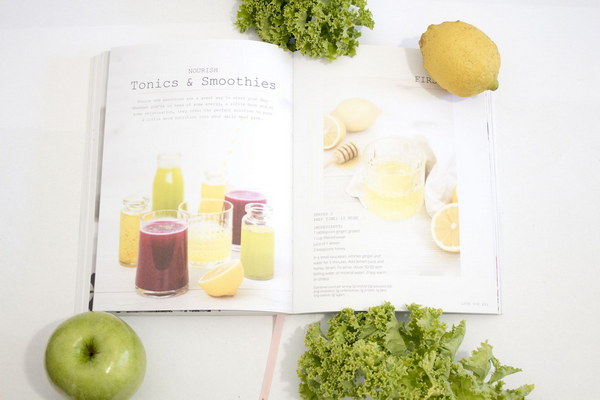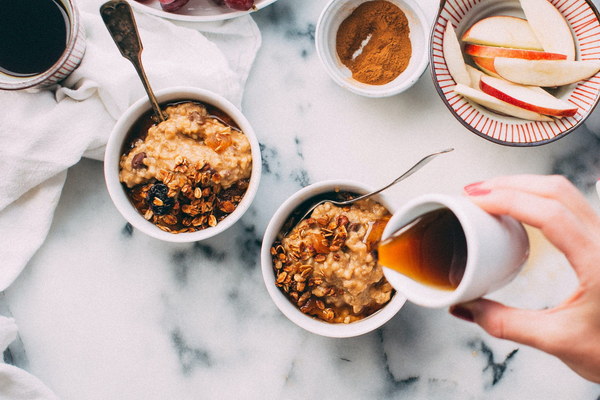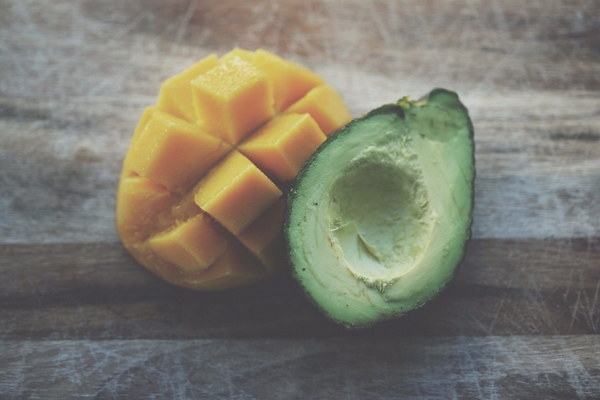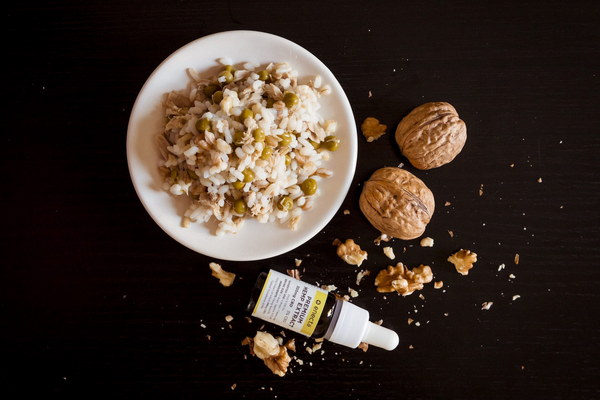The Art of Skincare A Comprehensive Guide to Nurturing Your Skin
In today's fast-paced world, taking care of our skin has become an essential aspect of self-care. Skincare, also known as giving skin a treatment, is a process that involves a variety of products, techniques, and lifestyle changes. This comprehensive guide will help you explore the art of skincare and discover the best practices for achieving healthy, glowing skin.
1. Understanding Your Skin Type
The first step in the art of skincare is to understand your skin type. There are four main types: normal, dry, oily, and combination. Knowing your skin type will help you choose the right products and treatments that cater to your specific needs.
- Normal skin: This skin type is well-balanced, with few imperfections and a healthy glow.
- Dry skin: Dry skin lacks moisture, leading to flakiness, redness, and tightness.
- Oily skin: Oily skin produces excess oil, resulting in a shiny appearance, clogged pores, and acne breakouts.
- Combination skin: Combination skin has both dry and oily areas, typically on the nose, forehead, and chin.
2. Daily Skincare Routine
Establishing a daily skincare routine is crucial for maintaining healthy skin. Here's a basic routine to follow:
- Cleanse: Use a gentle cleanser suited for your skin type to remove dirt, oil, and impurities. Cleanse twice a day, once in the morning and once before bedtime.
- Tone: Toning helps to balance the pH levels of your skin and remove any remaining traces of dirt or makeup. Choose a toner that suits your skin type.
- Moisturize: Moisturizing is essential for all skin types, as it helps to lock in hydration and maintain your skin's barrier. Apply a moisturizer suited for your skin type after cleansing and toning.
- Sunscreen: Protect your skin from harmful UV rays by applying a broad-spectrum sunscreen with an SPF of at least 30. Apply sunscreen daily, even on cloudy days.
- Exfoliate: Exfoliating helps to remove dead skin cells and unclog pores. Use an exfoliant suited for your skin type, such as a chemical exfoliant or a physical scrub, once or twice a week.

3. Treatments and Special Care
In addition to your daily skincare routine, consider incorporating the following treatments and special care to address specific skin concerns:
- Retinoids: These are vitamin A derivatives that help to reduce acne, improve skin texture, and reduce the appearance of fine lines and wrinkles.
- Peels: Chemical peels can exfoliate the skin and improve its texture, color, and appearance.
- Facials: Regular facials can help to deep clean pores, improve circulation, and provide relaxation.
- Serums: Serums contain high concentrations of active ingredients that target specific skin concerns, such as dark spots, fine lines, or hyperpigmentation.
4. Lifestyle and Diet
Your lifestyle and diet play a significant role in the health of your skin. Here are some tips to help you nurture your skin:
- Stay hydrated: Drink plenty of water throughout the day to keep your skin hydrated and plump.
- Get enough sleep: Adequate sleep helps your body repair and rejuvenate, including your skin.
- Avoid smoking and excessive alcohol consumption: Smoking and excessive alcohol can damage your skin and accelerate aging.
- Eat a balanced diet: Incorporate foods rich in antioxidants, vitamins, and minerals to support healthy skin.
By following these guidelines and embracing the art of skincare, you can achieve healthy, glowing skin that reflects your inner beauty. Remember that skincare is a continuous process, and it's essential to adjust your routine as your skin's needs change.









